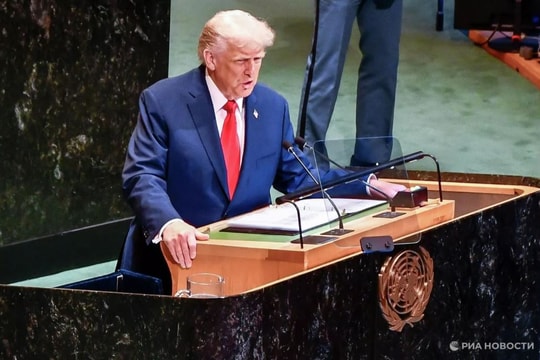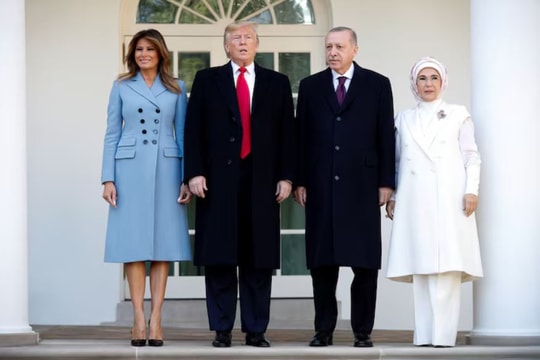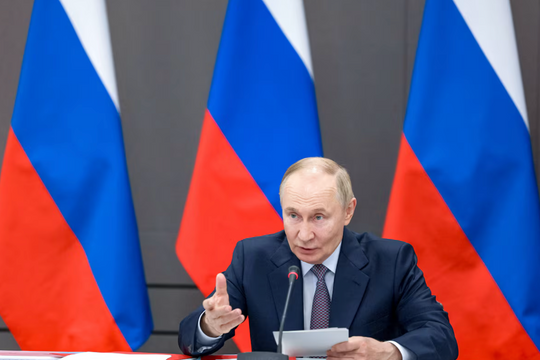How do parent associations work in different countries?
(Baonghean.vn) - In some countries, parent associations have developed into national organizations, making great contributions to education. The main purpose of parent associations in these countries is to create a forum to discuss pressing issues, connecting families and schools. Funds are often raised through events and spent on necessary expenses.
1. Japan
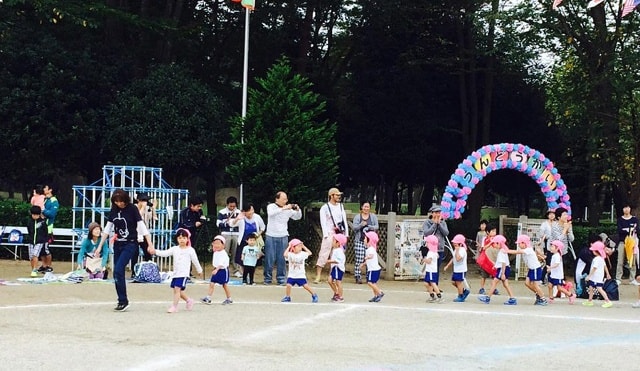 |
| Activities at a Japanese kindergarten involve the parents' association. |
The Parents' Association in Japan was established to help parents help each other in raising their children. The Parents' Association only asks for a contribution of 300 yen, equivalent to 60,000 VND. This money is used to print notices.
In Japan, the parent-teacher association is the one who supervises and supports the children going to school, because in Japan, students have to go to school by themselves. In addition, the parent-teacher association supports the school in organizing activities for the children, such as sports events, flea markets, and raises money from them; it also cooperates with the school in organizing open classes and can go into the children's classroom to observe lessons.
2. Shirt
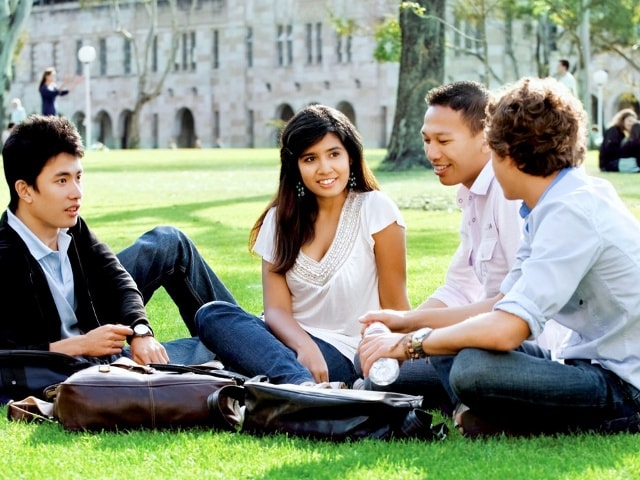 |
| Austrian students. Illustration photo |
The parents' association in Austria is similar to the parents' association in Vietnam in the past (in the 80s of the last century). At the beginning of the school year, there is a parent meeting and this is the only meeting. In this meeting, the parent representative board is also elected, and after that, all communication is via email and phone. The money is also given by the children to the representative board's children (in a sealed envelope with the name written on it).
The parents' committee here collects some money, but all of it is done through democratic voting (raise of hands) in which the purpose of collection and intended spending of the money are clearly stated.
Usually the amount is not much, because the facilities in Austria are very good, so there is never any need to collect money to support the school to upgrade. If something in the classroom or in the school is broken, they just pressure the principal or the education department to fix it, but there is no talk of contributing money or effort to fix it.
3. France
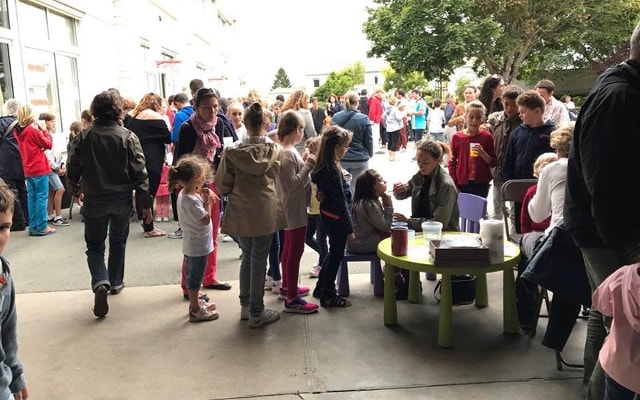 |
| Fundraising activity at the closing ceremony of a primary school in southwestern France - parents sit and paint their children's faces for 50 cents/face. |
In France, parent representatives are regulated by law by the Ministry of Education, at different levels: class, school, province, and country. There are even very large, prestigious and state-recognized parent associations in France. For example, the PEEP association, founded in 1926, works to improve the quality of education in schools across France.
The task of the Parents' Association is to represent the voice of parents, for example, if they find something unsatisfactory, they represent the parents to report it to the school, to the education inspector. In addition, they also support the school to improve the quality of the school, for example, fundraising, asking for sponsorship for extracurricular activities at school, and working with the school to organize learning activities for students.
Regarding contributions, every year at the beginning of the school year, it is up to parents to put money in an envelope, seal it, write their child's name on the outside and then send it to the Parents' Association, and the child's class teacher will forward it on their behalf.
In addition, during the school year, the parents' association often organizes fundraising by holding tea parties after school, on days such as Halloween, Mother's Day, Father's Day, Valentine's Day, Christmas... At these parties, parents contribute candy, drinks, and sell them at "as you like" prices, meaning anyone who wants to eat can put in coins, 10 cents, 20 cents, 1 euro, whatever.
This money, along with sponsorship money that the school and the parents' association ask for from other organizations and businesses, is used to organize extracurricular activities for students. For example, taking students to the zoo, museum, cinema, learning to row, going to the opera, or inviting professional performing groups to perform at the school... The year-end closing ceremony is also organized in a similar format but on a larger scale.
4. Australia
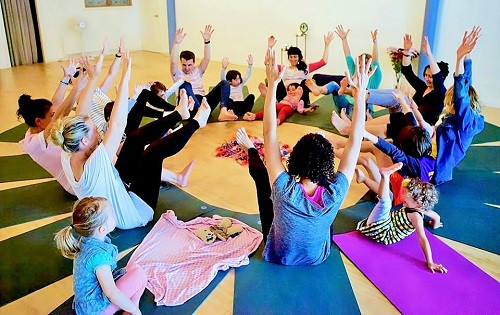 |
| Apart from tuition and uniform fees, parents in Australia only have to pay for their children's field trips. Illustration: Weekend Notes |
Because schools in Australia do not have many students, the whole school only has about 300 students, so the parents' committee is formed as a whole school committee. This committee is very active, almost every week they are present at the school to help with extracurricular activities. In addition, the parents' committee also helps the school raise a lot of funds, from calling for direct donations to organizing fairs and selling snacks every Friday afternoon.
Every two weeks on Saturdays, the parents' association and the school organize a Farmer's Market to raise funds for the school. This event is held in the school yard, where farmers bring their farm products to sell. The school's parents also have a stall selling fast food such as hot dogs to raise funds.
Funds are also used to build school facilities, but not much because public schools here are already well-invested by the state, only buying more benches for the school yard or buying more equipment for the playground, mainly buying books for the school library.
5. Great Britain
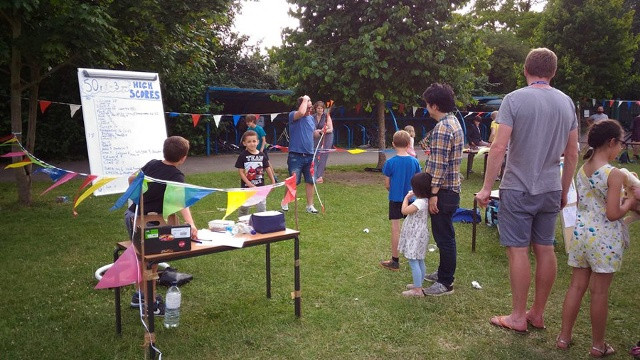 |
| How primary school students raise funds at a Summer Fair at Milton Road Primary School (Cambridgeshire, England) with 50p for 3 successful archery shots. The fair is organized by parents in the PTA in collaboration with teachers. Photo: Internet |
In the UK, many schools have a Parent Teacher Association (PTA), which aims to build a strong link between home and school. PTAs are well known for their fundraising activities, which bring parents, school staff and students together.
In fact, all parents and teachers automatically become members of the PTA. The annual general meeting is held in September, at the beginning of the school year. Here, a committee is selected to run the PTA - usually consisting of a president, a vice president, a treasurer, a secretary and standing committee members.
The standing committee consists of at least one or two parents from each class, who are considered class representatives. Their job is to pass on information from the PTA to the other parents in their child's class. PTA committees meet once a term and form small groups to organize various events. New ideas are constantly being developed, creating fundraising opportunities.
There is usually a main event each term, such as a Christmas fair in winter, a quiz in spring and a fair in summer. Other events are usually school uniform sales days, dance parties, fireworks displays etc.
The purpose of PTA funds is to provide things that are not covered by the school budget, making the learning environment enjoyable. The PTA committee and the principal decide how the money is spent. Some common items are computers, playground equipment, minibuses, Christmas presents for Santa to deliver to the students, etc.
6. America
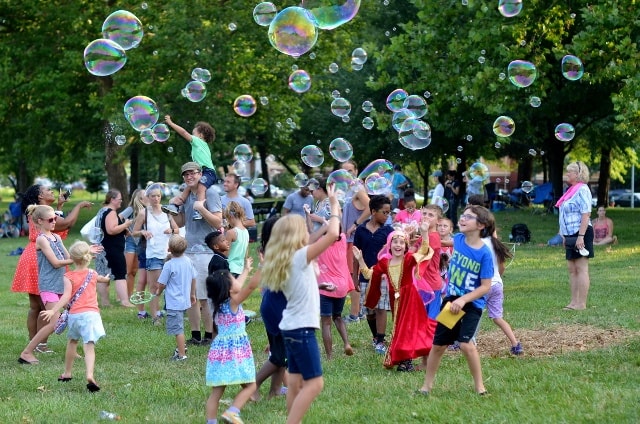 |
| Most extracurricular activities at schools in the US are supported by parent associations, which both saves costs and creates a bond between family and school. Photo: Internet |
In the United States, the Parent Teacher Association (PTA) is sometimes considered a fundraising group, but that is not its primary responsibility. In states where schools face many budget constraints, parents in the local PTA may raise funds to cover everything from playground equipment to elementary school music teacher salaries.
In schools with significant endowments, the PTA has a lot of power in deciding which programs to invest in. Ideally, the PTA will work with the principal and school board to decide which programs are most beneficial.
PTA meetings are often where many educational issues are discussed. Teachers may talk to the parent community about reading programs or discipline issues. Many professionals will offer suggestions on how to build better relationships with teens or share ideas for school reform. Parents may raise concerns about homework or suggest changes to the curriculum.
At the high school level, the PTA may expand into a PTSA (Parent-Teacher-Student Association), where adults encourage students to voice their opinions and participate in the decision-making process.
7. New Zealand
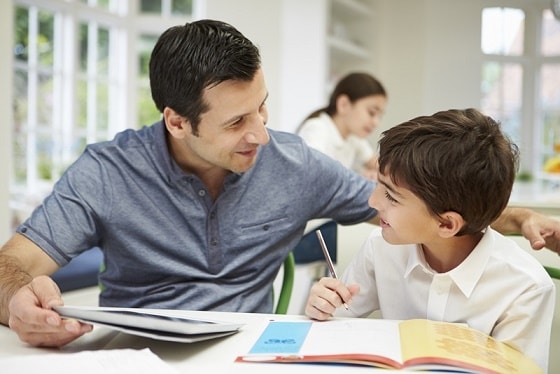 |
| Illustration photo |
Individual parent organisations across the country belong to the New Zealand Parent Teacher Association (NZPTA), a voluntary non-profit organisation, with many of the national executive committee members also volunteering in their local PTA.
The NZPTA Executive Committee consists of a President, Secretary and Treasurer, elected at the annual general meeting, attended by delegates - members of the schools. The Executive Committee meets as needed during the year.
The need for a national organisation became apparent as unions became more involved in education nationally, not just at the local level, so in 1951 the New Zealand Parent-Teacher Association was formed.
Over the past century, parent associations have expanded to every level of the education system and are nationally recognised for their contribution to student development. Parents who are members of NZPTA have the opportunity to attend annual general meetings, access free resources, and receive advice and support when required. Each parent can share their unique perspectives, experiences and school activities, and connect with other schools to discuss how they work.
NZPTA also works closely with the Ministry of Education and other national education organisations, helping parents to visualise the larger picture of the country's education.
8. Singapore
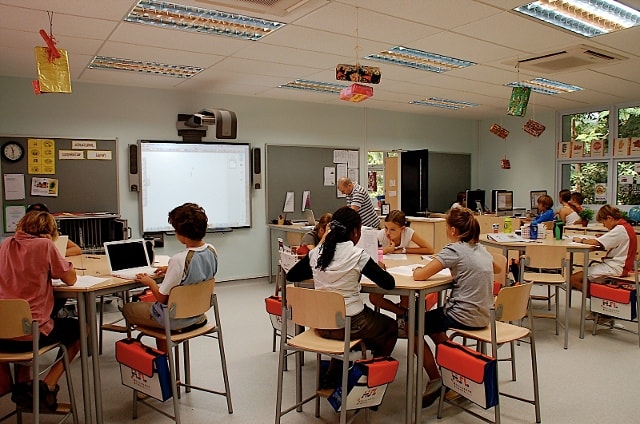 |
| A classroom in Singapore. Photo: Internet |
In Singapore, there is no parent-teacher association. Schools usually contact parents by letter, email or phone if necessary. Parents who want to know about their children’s learning and training will be warmly welcomed by the school’s administrative department. If necessary, parents can meet directly with the principal.
In Singapore, students have to pay tuition fees. The fees are regulated by the Ministry of Education and Training. The school sends a notice, and parents transfer money or pay automatically.
Peace
(Synthetic)
| RELATED NEWS |
|---|

